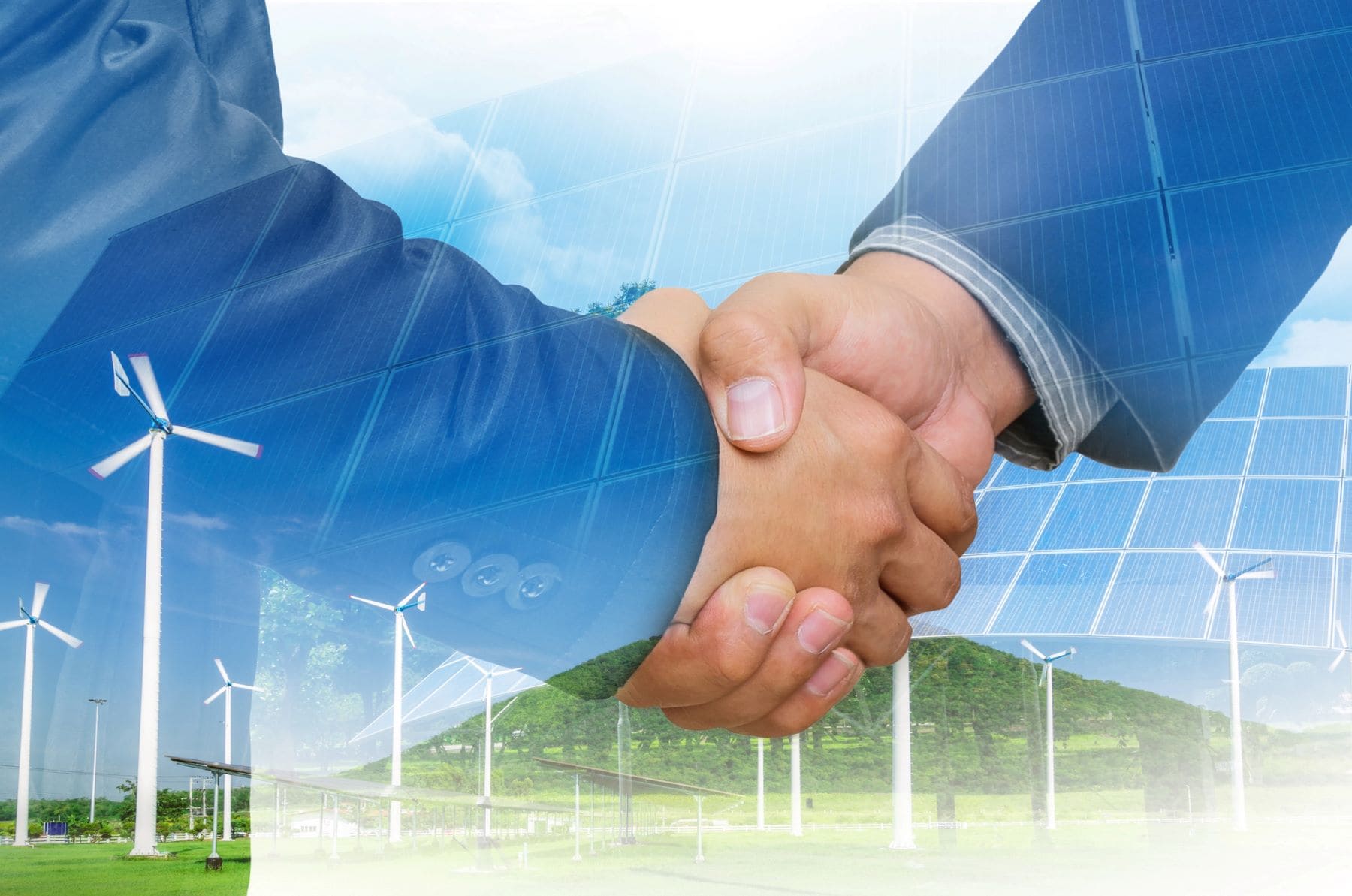The small island states in development (PEID) were recognized as a group other than developing countries that They are confronted with specific social, economic and ecological vulnerabilities At the United Nations Conference on the Environment and Development (Cnumad).
Also known As the top for the earth, it was held from 3 to 14 June 1992. In Rio de Janeiro, Brazil. This states group comprises 38 UN member states and 20 non – -un -members/associated members of regional committees.
Energy transition in developing countries
Ministers of Africa, Asia, Latin -America and the Caribbean, and the Pacific Ocean renewed their dedication to explore opportunities for cooperation to speed up one transition Fair and fair energy. In two ministerial meetings of the Global Forum Seforalll, ministers from 28 countries too They spoke about the promotion of climate way for the population of the South Global.
The ministerial meeting for the small island states in development (SIDS), had the representation of Antigua and Barbuda, Barbados, Dominican Republic, Fiyi, Maldivas, Marshall Islands, Niue, Palaos, Papua Nieuw -Ginea, Seychelles, San Cistóbal and Nievebal Urgent climate financing to support energy transition and climate feud agendas.
The call for action, supported by the ministers, emphasized the need for national contributions (NDC) and national ambitious adjustment plans, a fair distribution of allocationsCelation of the implementation of innovative technological solutions in SIDS.
In addition, the ministerial meeting of the SIDS acknowledged the need to strengthen international cooperation, Lay the foundation for considerable participation in COP30 in Brazil.
Collaboration against climatic vulnerability
The Global Ministerial Meeting emphasized the importance of strengthening global cooperation To support the growing energy needs in developing countries, while climate vulnerability is approached.
The current ministers supported the principles of Transition Fair and inclusive energy made by the G20, led by the presidency of Brazil, in 2024, and a global explanation issued that tries one transition Fair and inclusive energy that makes it possible to take advantage of the financing for development, both multilaterally and bilaterally, to promote actions in accordance with the National development objectives and shared worldwide obligations laid down in the Paris Agreement.
The statement also repeated the commitments included by African heads of state in the declaration of Dar Es Salaam adopted at the African top of Energy in January 2025, to implement Mission 300, the implementation, the Initiative to offer electricity to 300 million people in Africa by 2030.
Loose Ministers recognized energy transition plans Promoted by substantable energy for everyone (Seforall) as essential investors of investments. These tools continue to offer strategic route maps for countries and emphasize opportunities for sustainable growth and energy infrastructure development.

